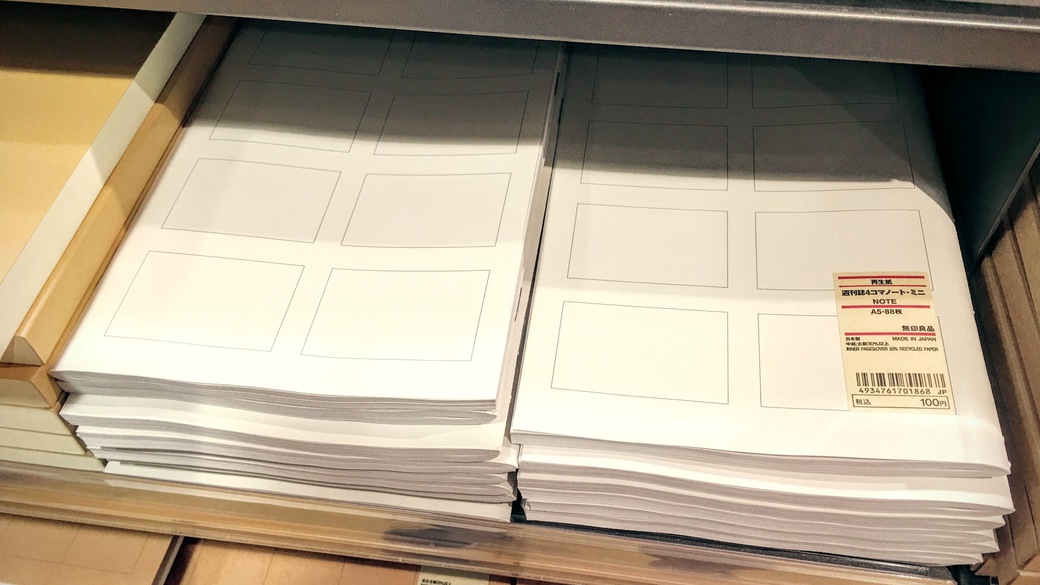Derek Sivers’s book notes have been priceless for me. I used his recommendations for guidance a lot in the past few years. Learning how he processes books he reads led me to highlight a lot more. I’ve always wanted to publish notes for all (or most of) the books I read to make the material more meaningful for myself. They do take time (and that’s sort of the point), but I’m starting to work through my backlog of highlights.
In Anything You Want, Derek tells different stories from building CD Baby and explains what he learned. Here are a few of my favorite excerpts from Derek’s book.
You can’t pretend there’s only one way to do it. Your first idea is just one of many options.
This is important in my work as a designer, and something I need to improve on. A lot of times it’s easy to just think the first idea is the best idea without taking more time to explore. In doing Crazy 8s, something always comes out of that 6th, 7th, or 8th sketch. It might not be used for the problem at hand. It might just be a germ of an idea. But it’s valuable. This goes beyond sketching and design—it’s important to set aside time to consider other ideas for any problem.
Never forget why you’re really doing what you’re doing. Are you helping people? Are they happy? Are you happy? Are you profitable? Isn’t that enough?
This isn’t a business. Why am I really trying to write? I want to improve. Am I helping people? Not yet, but I think there will eventually be good lessons worth sharing here. Am I profitable? Well, I’m making zero from this right now but maybe the skills will translate to something that can generate passive income.
When you want to learn how to do something yourself, most people won’t understand.
I’ve learned so much trying to do things myself. I heard something recently that reminded me there’s also a balance. It can be easy to tell people “Oh but I like doing these things.” Sometimes there’s fun stuff to learn but there’s other things you can spend time on that would be even more fun to learn.
You’ll notice that as my company got bigger, my stories about it were less happy. That was my lesson learned. I’m happier with five employees than with eighty-five, and happiest working alone.
I’ve been around startups in their earliest stages. I’ve seen that stress. I’ve seen struggles founders go through. WIth a few years of separation, I’ve seen some become very successful and some that have failed.
The title suggests having anything you want. I really like the overall lessons: running a gigantic company might not actually be what you want. It’s not for me1.
- Fully acknowledging that it’s not like that’s exactly an option for me right at this moment. I can see how some people would actually want it and don’t just want the financial freedom attached to it. They want to be in charge of something big with a lot of moving parts. If that’s the case, this probably isn’t the book for you. ↩















